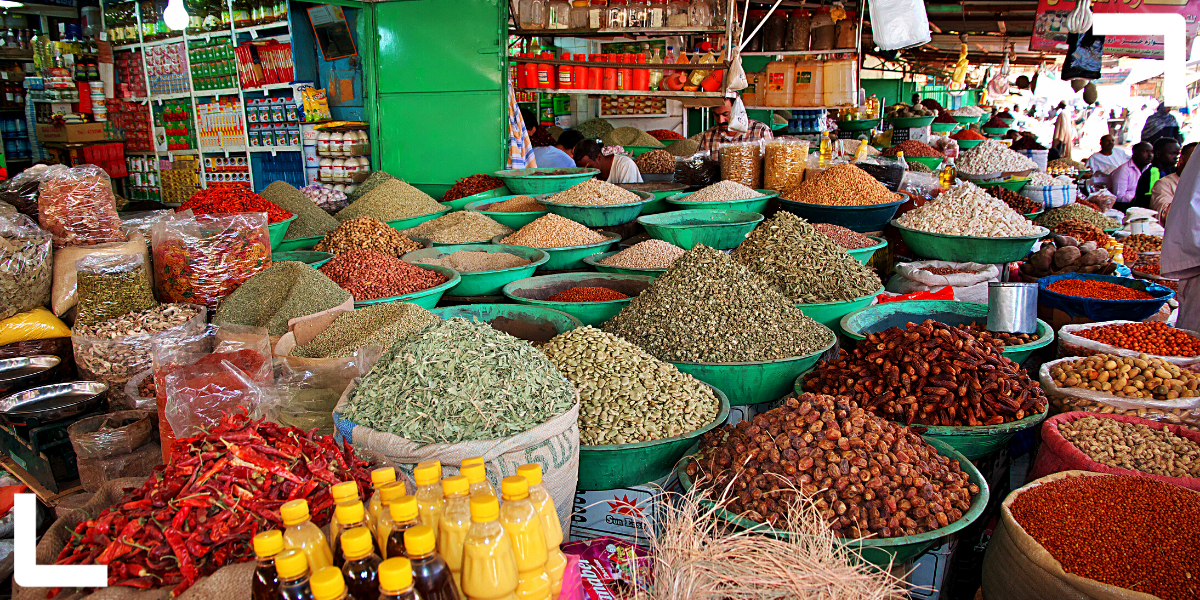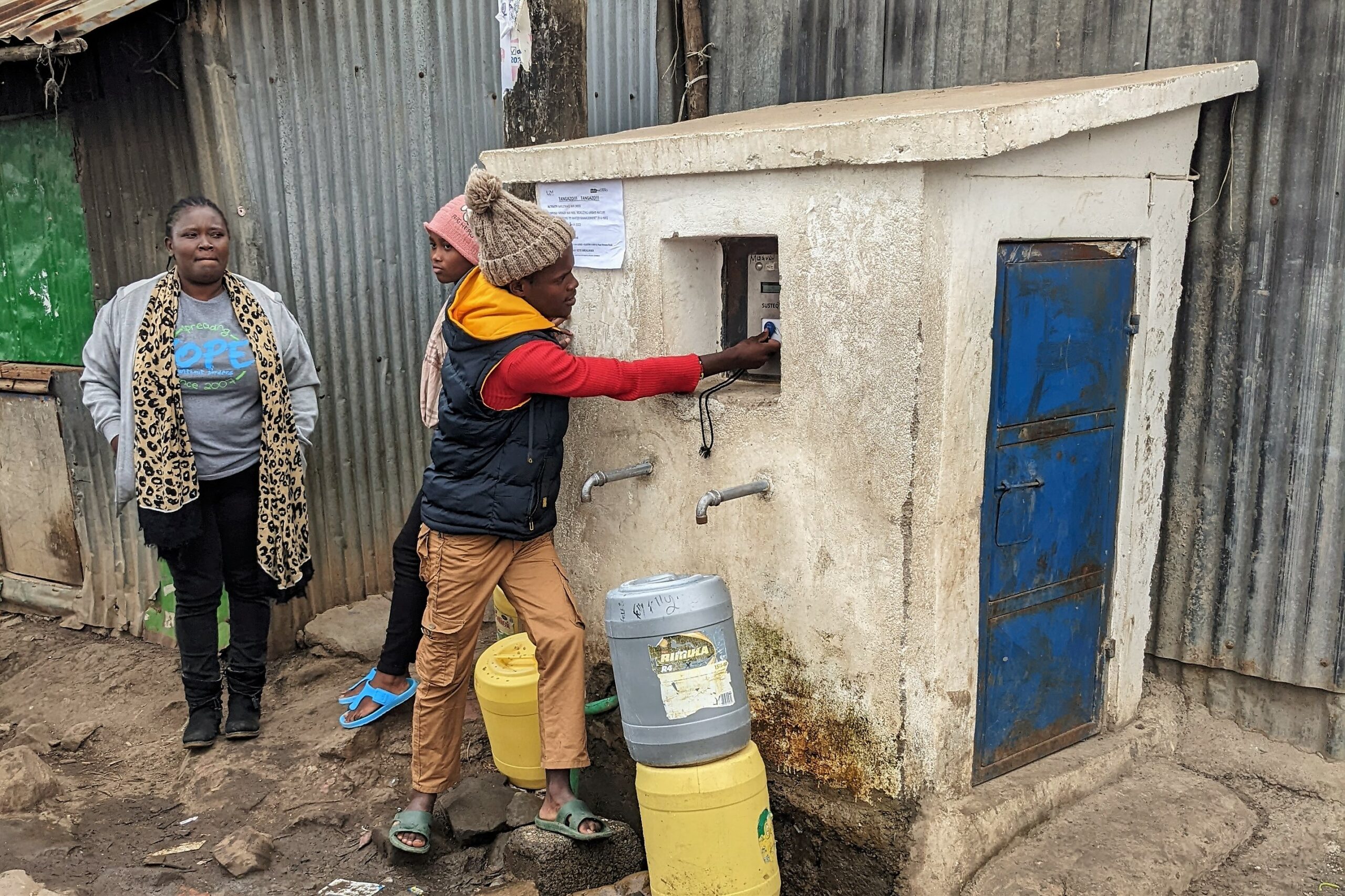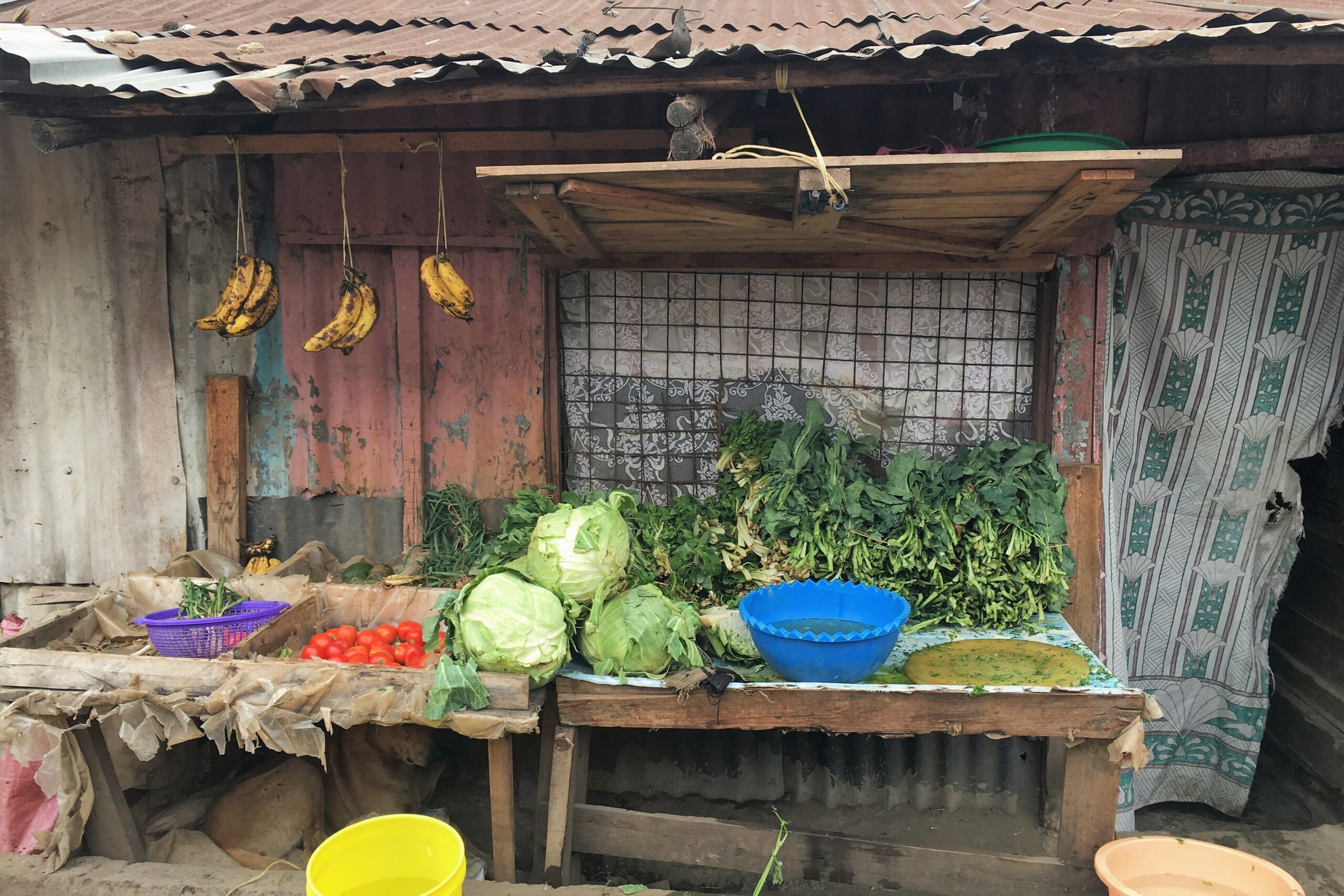Urban development domains
ACRC’s analytical framework uses the concept of urban development domains to transcend both sectoral and traditional systems-based thinking. We define domains as fields of power, policy and practice that are relevant to solving particular problems and/or advancing specific opportunities in relation to cities.
This blog series delves into each of our eight urban development domains, providing an overview of their context within African cities and what we are seeking to interrogate and better understand through our research.
The focus and scope of this blog post has been jointly developed with researchers from the health, wellbeing and nutrition domain team from Freetown, Lilongwe and Nairobi. The authors wish to acknowledge the valuable contributions of Samuel Ouwor, Lilian Otiso, Mary Hodges, Lamech Chimphero, Chijere Wiseman Chirwa, Vera Mwangi, Inviolata Ngoroge, Muallem Kamara, Anita Agarthay and Nicola Rule.
By Rachel Tolhurst, Cecilia Tacoli and Paul Currie
Health, nutrition and wellbeing challenges faced by people living in African cities are considerable, but adverse outcomes are often masked in national and regional data and misrepresented in policy debates by the so-called “urban advantage”. The Covid-19 crisis has highlighted many specific health vulnerabilities in cities and their importance for national and global health security. The pandemic has also shown that advances in food and nutrition security in urban centres are fragile, but essential for resilience. The health, wellbeing and nutrition domain intends to address the question of how all citizens can access what they require to live safe and prosperous lives.
Addressing the challenges of health and wellbeing
Health, nutrition and wellbeing feature strongly in the SDGs. Targets for health and nutrition are clearly defined; wellbeing is recognised as important, but its multidimensional nature has meant it is less well defined, pursued and assessed in policy, planning and programming. Access to affordable, quality health services and nutritious food is essential for wellbeing.
Equally important is access to basic infrastructure and services, especially in dense urban residential neighbourhoods. There are strong linkages between poor access to clean water and sanitation, malnutrition and vulnerability to communicable diseases, such as malaria and TB, as well as non-communicable diseases (NCDs), due to household and neighbourhood air pollution (linked to energy sources) and to energy-dense and nutrient-poor diets. Lack of access to affordable, quality basic services is a critical underlying determinant that includes primary healthcare (including maternal, neonatal healthcare and nutritional monitoring and care for mothers and children; and NCD management), childcare and education. City-specific emerging health problems with both local and global dimensions include zoonoses and climate-change-induced transformations in disease patterns such as malaria.
Locally developed, often informal systems that address the challenges of nutrition and healthcare are often misunderstood by traditional research and policy approaches. This domain will work with residents and community organisations in low-income settlements to articulate the specific barriers and entry-points to long-term structural change for improved wellbeing.
Scope and methodology
Given the multiple and broad conceptualisations of health, wellbeing and nutrition, the domain team has scoped the research around the uptake of healthy diets in African cities. This will serve as the entry-point for city-level research to explore wellbeing, and as the link for comparative analysis across cities. We will frame a wider discussion on health, nutrition and wellbeing around it.
Scientific literature and documentation on food and health misses more than it captures – traditional research still focuses mainly on a top-down approach to health and wellbeing, and bottom-up perspectives are missing. It is important to engage and listen to lived experience of residents and community mobilisers about how wellbeing manifests (or is undermined) in each city. We will adopt an emergent research methodology, which will engage with, and seek complementarities between, both traditional and scientific knowledge.
The central question for this domain research is:
How can cities contribute to a sustainable, integrated, multisectoral system enabling the uptake of healthy diets?
To explore this issue, in each city, we plan to:
- Map and explore the functioning of the key systems that contribute/constrain access to and uptake of healthy diets for key population groups (for example, food, health, urban planning, possibly education, water and sanitation).
- Explore the political economy dimensions of constraints and enablers, including relationship to political settlements.
- Identify potential emerging solutions.
A water point in Nairobi’s informal settlement of Mukuru kwa Reuben. Photo credit: Chris Jordan
Cities of focus
The cities explored in this domain are Freetown, Sierra Leone; Lilongwe, Malawi; and Nairobi, Kenya. Each presents a different governance context, and together they offer lessons from West, East and Southern Africa.
In Freetown, this study will build upon work already undertaken by the research consortium, ARISE (Accountability and Responsiveness in Informal Settlements for Equity), in Freetown. Special attention will be paid to food sovereignty and the complexities of producing, purchasing, selling and consuming food in Freetown, moving away from profit-driven and food aid patterns, to building resilient “community-owned” networks.
In Lilongwe, this study will focus on the sociopolitical and socioeconomic factors affecting access to nutrition and primary healthcare services, on malnutrition among residents, particularly youth and elders, and the efficacy of city-adopted initiatives to prevent undernutrition among children. The study will also focus on assessing power imbalances between services providers and their users, and on how gender equality, protection, participation and empowerment for nutrition are being promoted. It will look at how the city has managed nutrition during the Covid-19 emergency, with potential lessons for systems resilience and transformation, as well as how to create enabling environments for nutrition. Finally, it will explore how nutrition interventions are monitored, evaluated and researched.
In Nairobi, the study will investigate:
- Spatial patterns of ill health and nutrition in Nairobi city, in terms of NCDs related to poor diets, as well as poor water and sanitation, waste disposal and energy systems.
- Access to primary healthcare services and nutritious diets in Nairobi city, in terms of public and private healthcare services provision; and formal and informal food provisioning facilities.
- The processes and policies that influence the spatial patterns of ill health and nutrition; access to affordable, quality healthcare services, and to adequate, affordable healthy diets for wellbeing.
- Key lessons for integrated measures and interventions that can can inform policy and practice of health and nutrition services.
City of systems and political settlements analysis
A political settlements approach for health, wellbeing and nutrition must acknowledge and engage with two arenas of governance: the interpersonal relationships that shape systems behaviours and outcomes, and which, in African cities, often result in emergent and informal systems that support individuals, households and communities; and the written laws, policies and rules associated with government mandate, which may overlook or diminish the value provided by the bottom-up, informal governance systems.
A food stall in the Viwandani area of Mukuru . Photo credit: Rachel Tolhurst
A systems approach also makes explicit the system hierarchies and interdependencies. Various actors operate at different scales but influence each other:
- At the household level, health and nutrition are care/reproduction responsibilities, hence heavily gendered. Understanding the challenges and strategies of low-income households is the basis to understanding the impact on this group of the domain’s actors.
- At the neighbourhood level, a range of formal/informal enterprises, civil society and non-governmental organisations and government (national and municipal) agencies shape access to health and nutrition; here, local initiatives and power relations and patronage are of particular interest.
- At the city level, city planners and other municipal technical specialists play important roles. Political leaders may show interest in this domain for rent (income and accumulation) but also for legitimacy and electoral gain.
Priority complex problems and their possible solutions are typically cross-sectoral and cross-systemic. The city of systems approach makes explicit the need to connect health, wellbeing and nutrition to a broad set of structural causal elements in the city that result in good or poor wellbeing outcomes. It requires that we consider intersection points for the different systems and ask: are these systems collapsing or reconfiguring? If they are reconfiguring, we might be able to find the links and simple intervention points to drive transformation.
Health systems and food systems overlap with labour markets, informality, housing, water and sanitation, land access, and so on, offering many routes for investigation. Our research will not focus on short-term wins or low-hanging fruit but, rather, take a structural perspective that aims to identify the long-term pathways for change.
Header photo credit: Serg73 / Canva Pro. A market stall in Khartoum, Sudan.
Note: This article presents the views of the author featured and does not necessarily represent the views of the African Cities Research Consortium as a whole.
The African Cities blog is licensed under Creative Commons Attribution-NonCommercial-NoDerivatives 4.0 International (CC BY-NC-ND 4.0), which means you are welcome to repost this content as long as you provide full credit and a link to this original post.




